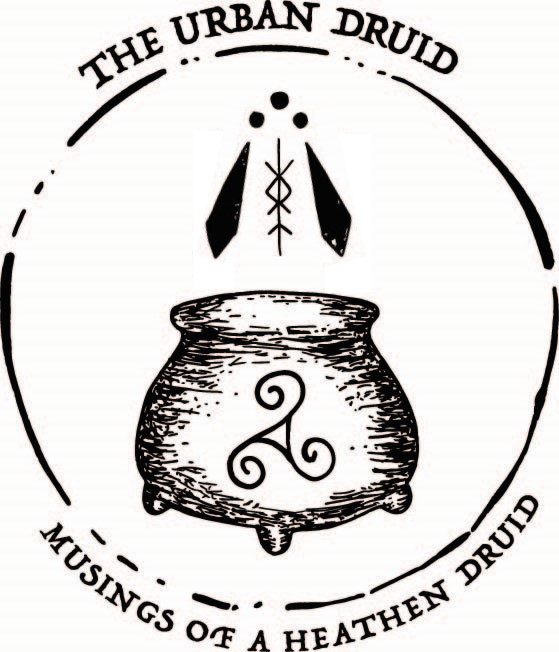Being a Pagan (WC 791)
For my modern paganism reading selection, I chose Being a Pagan by Ellen Evert Hopman and Lawrence Bond. While the book was truly dated from about 24 years ago (with a few updates five years later in the text), it was still a good glimpse into some of the varied pagan practices in the United States.
Many of the people interviewed were people I had heard of previously, and it was interesting to hear their stories. From Isaac Bonewits and Ian Corrigan that helped create the ADF we know today, to Starhawk and Margot Adler and their groundbreaking work that helped change Wicca and paganism in general back in 1979, to people like Oberon G’zell or Selena Fox or Zsuzsannah Budapest (who I had only seen always mentioned as S. Budapest). There were others I hadn’t heard of before like Victor Anderson that was a cornerstone of the Feri tradition or learning about how Covenant of the Goddess was pulled together from some of the founding members—there was something in many of the interviews that made me think.
One of the big things that made me think from the interviews was how the interviewees came to paganism. It helped me remember how I used to love playing in the woods with my cousins a game we made up called White Witch/Black Witch and how my time in the New Hampshire woods had a great impact on me. Many mentioned how they turned away from Christianity as they asked questions that the pastors and priests had problems answering was also similar to my own experiences.
One thing that I noticed from reading it was how many issues they had twenty four years ago are still somewhat around, while some other issues have diminished or went away. The interview with the Frosts and the controversy concerning their views on paid clergy and their creepy take on sexual initiations into manhood and womanhood. Another issue that I noticed in some of the interviews was the ego of some leaders stating things in a definitive manner such as goddess-centered cultures (there were in some pantheons) or that their way was the right way (usually only in the Gardnerian Wiccan interviews).
I also came across potential authors to look into such as Alexei Kondratiev and his book “The Apple Branch” or, after reading both Starhawk’s interview, but especially after reading Margot Adler’s great interview, diving into both of their well-known books. Margot’s take on how Emerson and other environmental writers impacted her when she realized they were religious texts of a sort made me want to take another look at “Walden” which had a profound impact on me when I was a teenager, but had forgotten until reading her interview.
Other interviews gave me a tidbit here or there to look into or consider when writing rituals. Magnus McBride made me think about how masks we wear in society can trap us in what we think we should be. Deborah Ann Light gave me a neat idea for helping perform ritual work in my mind through her example of casting a circle with your own body and no tools. I will be writing up a blót for heathen hearth goddesses for the heathen group I belong to and Judy Harrow’s thoughts about connecting with the quiet voices of spirit is something that ties directly into the time of the year (midwinter) and concept of hearth practice.
Oriethyia’s comments about poetry in ritual being synonymous and how the metaphors are essential to a ritual is making me want to take a look again at the rituals I’ve written and plan to write in the future for how I’m wordsmithing what I’m gearing up to perform for the groups I’m in.
Finally, what I found was a common question asked to most of the interviewees was that they think is the most important part of paganism. I think Tamarra James’s interview summed it up best: “Being mindful. It’s recognizing your connection with everything else and the sacredness of everything. It’s the best that you can be in whatever you choose to do. Your whole life, as far as I’m concerned, is an offering back. Nothing is disconnected from anything else” (James 60).
Overall, I’m glad I chose this book despite how dated it was and how dated the resources at the back of the book were. If had been updated and revised with a few more new interviews, I think it would have been not just a great look at the resurgence of paganism in the 1970s to early 90s, but also for today. I believe the book, “iPagan”, is a more contemporary book similar to “Being a Pagan” that I will check out in the future.
Hopman, Ellen Evert and Lawrence Bond. Being a Pagan: Destiny Books, 2002.

